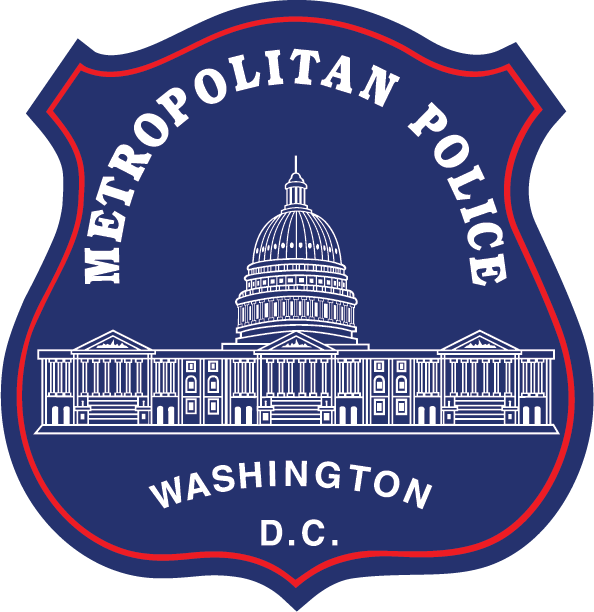Investigating Unsolved Murders
Typically, homicides are investigated by the original case detective for a period of up to four (4) years. If the case remains unsolved, the case will be transferred to the Major Case/Cold Case Squad. This is done only if all available leads have been thoroughly examined, and both the detective and a supervisor conclude that there are no further investigative steps to be taken at that time. The assigned detective may request to keep the case beyond four (4) years, if, upon reviewing the case, they determine that unresolved investigative leads still exist. Once these leads are exhausted, the case is transferred to Major Case/Cold Case.
Prior to the case being sent to the Major Case/Cold Case Squad, the assigned detective will contact the next-of-kin and advise them of the transfer, as well as the following:
- All leads have been exhausted, and there are no further investigative steps to be taken at that time.
- Once transferred, the case remains open; however, it is not assigned to a particular detective.
- The next-of-kin will no longer receive regular updates from a detective.
- Detectives assigned to the Major Case/Cold Case Squad regularly acquire information and develop leads in unsolved cases. When this occurs, they will notify the next-of-kin regarding any significant progress in the investigation, including when a case is closed.
- Next-of-kin, if they so desire, can maintain contact with the department through the Family Liaison Specialists Unit (FLSU), which provides support, advocacy, and crisis intervention. They also host periodic events for family members.
Reviewing “Cold Cases”
Detectives assigned to the Major Case/Cold Case Squad review unsolved cases in a systematic and comprehensive manner. Every open case is reviewed in chronological order. All statements, reports, notes, and records are thoroughly examined. Physical evidence is evaluated in order to determine if the investigation could benefit from advanced forensic (DNA) testing, which may not have been available at the time of the murder. In some instances, the reviewing detective may conclude that there are no viable steps to pursue. Upon determination that all leads have been exhausted, and further efforts are unlikely to progress the investigation, the case will remain open (but inactive), until such time that new information is received, or new leads developed.
In some cases, the detective will identify steps which can be taken, which may progress the investigation. In these instances, the detective will proceed with the investigation, in an effort to solve the case. If significant developments are made in the investigation, next-of-kin will be notified and updated.
In addition to the systematic (chronological) review of cases, detectives assigned to the Major Case/Cold Case Squad frequently work with members of other law enforcement agencies, prosecutors from the
United States Attorney’s Office, and other criminal justice colleagues, to try to develop leads and obtain information. When information is obtained about a specific case, the investigation is assigned to a detective for follow-up.
If you have information about an unsolved cold case homicide, please contact:
Homicide Branch
101 M Street SW
Washington, DC 20024
Major Case/Cold Case Squad
Sergeant Andrew Finkelman
(202) 645-3356
[email protected]
Rewards/Reward Fliers
The Metropolitan Police Department currently offers a reward of up to $25,000 to anyone that provides information that leads to the arrest and conviction of the person or persons responsible for any homicide committed in the District of Columbia. Rewards are offered in all open homicide cases, including cold cases, regardless of how old the case is.
The MPDC website does not contain a complete listing of all homicides that have occurred in Washington, D.C. If your family member was murdered in Washington, DC, and their unsolved case does not appear on the MPDC Unsolved Homicides webpage, please e-mail us at [email protected] to have a reward flier created and posted.
Family Liaison Specialists Unit
The Family Liaison Specialists Unit (FLSU) is committed to responding to the critical needs and concerns of the family members (survivors) of homicide victims.
The FLSU provides support services to survivors of homicide victims throughout the investigative process. FLSU specialists establish relationships throughout the community and provide information about government and community-based resources to better serve the unique needs of survivors and their family. Specialists also provide survivors with on-going emotional support, case updates, information concerning victim’s rights, referrals for grief counseling, information regarding funeral expenses, and other related services.
Additional information about services the MPDC offers for victims and family members of crime victims is available in the MPDC Victim Assistance Page.
FLSU Contact Information
Family Liaison Specialists Unit
101 M Street SW
Washington, DC 20024
Main: (202) 645-6363
Diamond Vann
Director, Victim Services Branch
(202) 724-4339
[email protected]
Edward Mayo
Victim Specialist
(202) 645-7067
[email protected]
